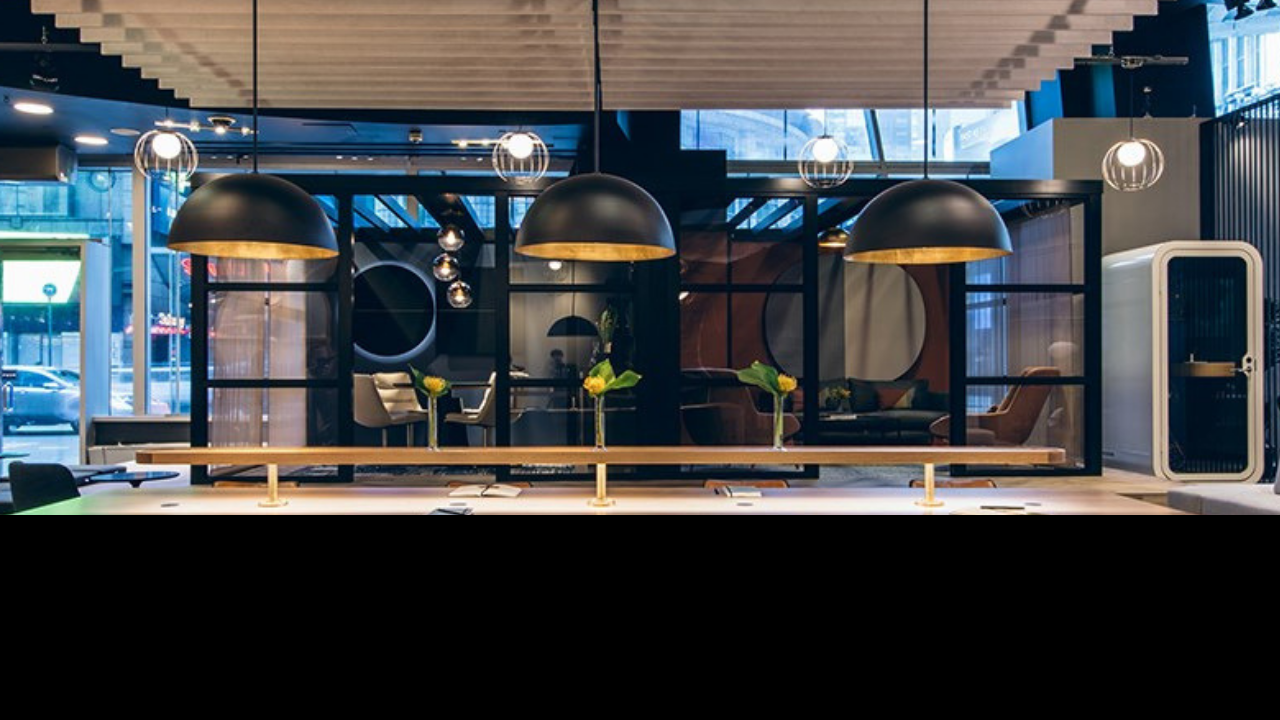Hotels have started taking note of on-the-go professionals using lobbies as a temporary workplace and have executed a solution by using unused space for coworking offices. This melding of hospitality and coworking is a unique idea, but some consultants wonder whether the model is sustainable in the long run.
Brands such as Moxy by Marriott, Hoxton, and Virgin aim to provide a workplace for flexible, independent workers that are not satisfied with a traditional coffee shop environment.
“The target customer base can vary considerably,” said Scott Homa, senior vice president and director of U.S. office research at JLL. “Some hotels have open membership policies, while others have an application process and are more selective. For example, D.C.-based Eaton House’s coworking center, Eaton Workshop, seeks creative professionals with a focus in arts and culture.”
Hotels benefit from an increased revenue from food, beverage, and parking, while also creating a sense of community for locals.
Still, adopting a coworking lobby can be expensive to build and operate. Some hotels, such as Marriott, are working on a payment model for its coworking.
The difference between a typical coworking space and hotel coworking boils down to potentially cheaper costs, but also less available amenities.















